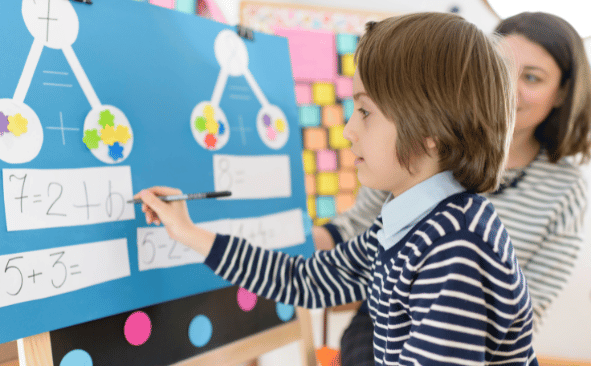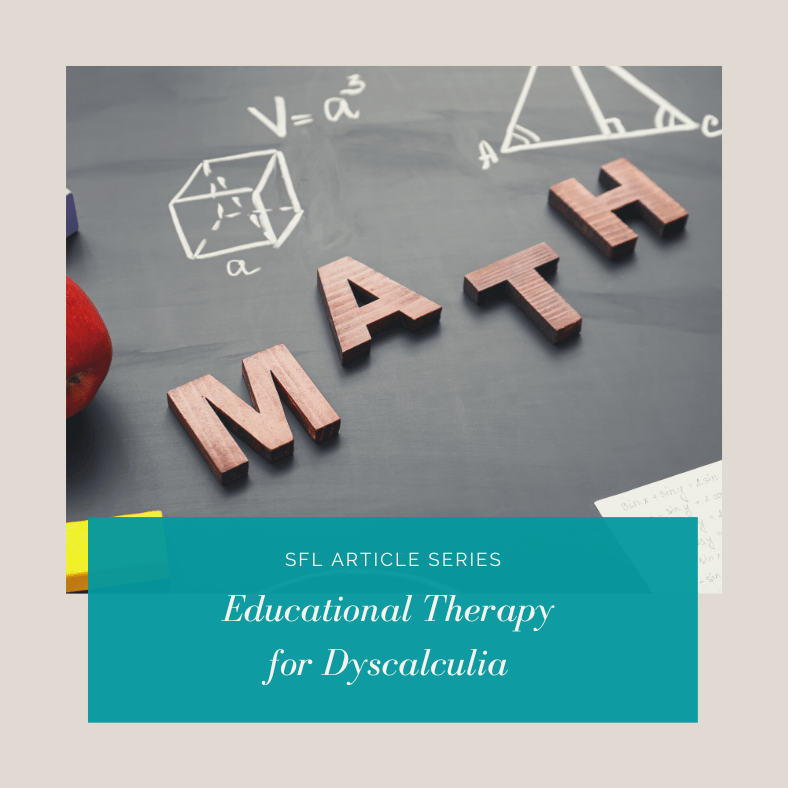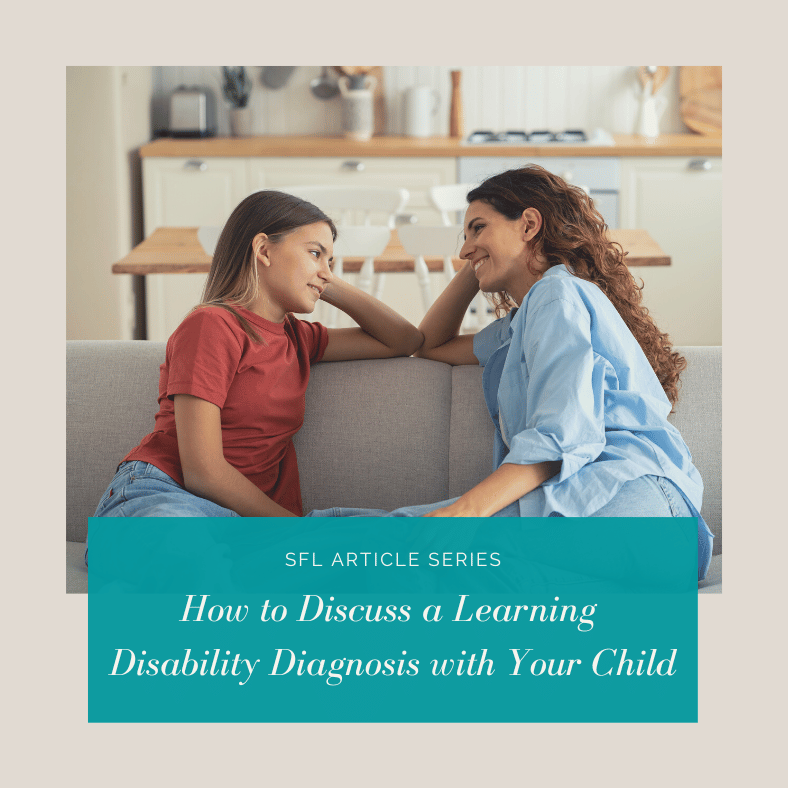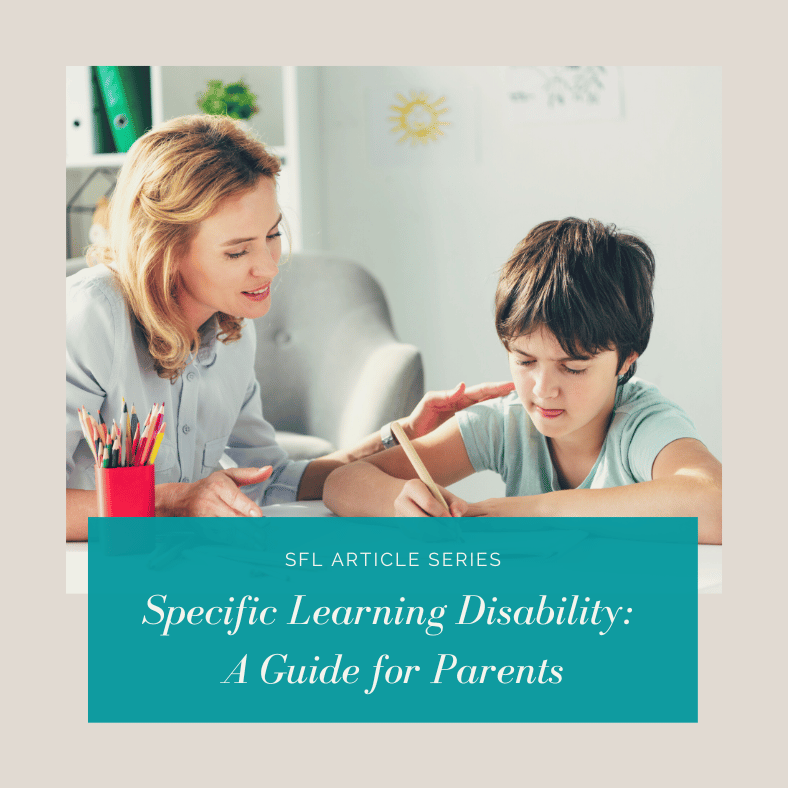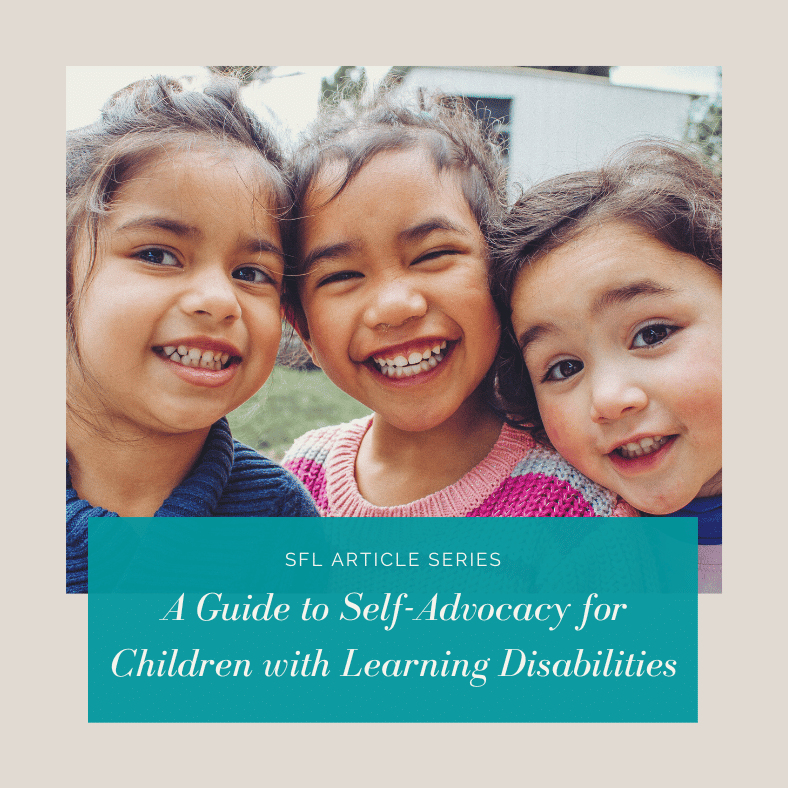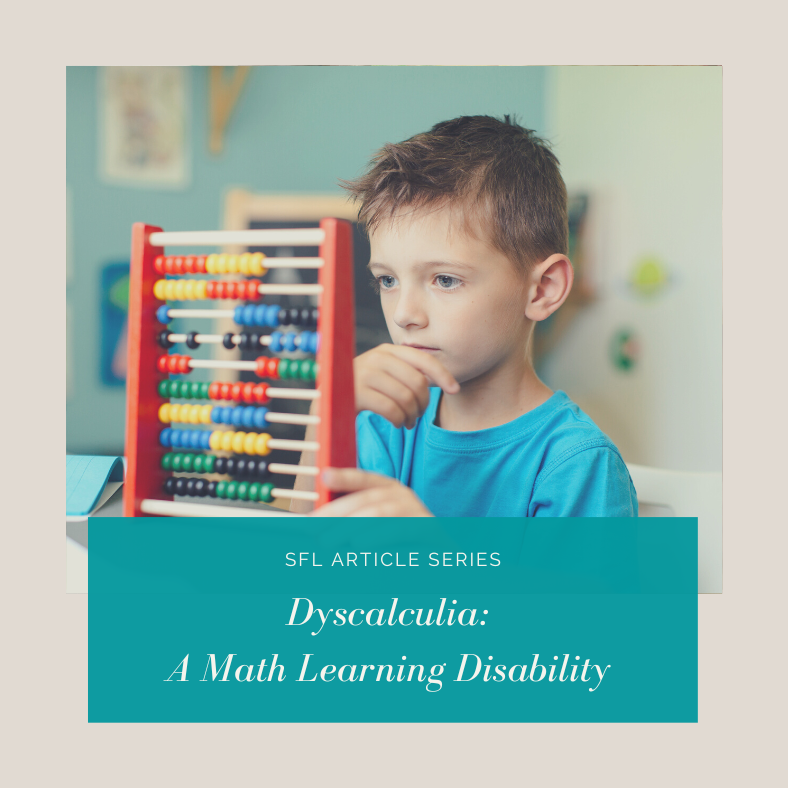No products in the cart.
Why Student Choice Matters
Opportunities for student choice can lead to more engaged, motivated, and confident learners even within a structured learning environment.
5 Multisensory Tools for Virtual Math Instruction
By integrating these multisensory tools, you can create an engaging and effective virtual math tutoring experience.
How to Advocate for your Child with Dyscalculia
Navigating the educational system to advocate for a child with dyscalculia requires a proactive and informed approach.
How To Help a Child with Dyscalculia
Helping a child with dyscalculia requires patience as the foundation of a supportive learning environment where students can take risks, learn from mistakes, and build resilience.
Educational Therapy for Dyscalculia
Educational therapy can be an effective approach for dyscalculia or math instruction in general. Let's explore the principles behind educational therapy and how it is used to address what students learn but also why and how they learn.
How to Discuss a Learning Disability Diagnosis with Your Child
A learning disability diagnosis can be a challenging experience for parents and students alike but there are many effective ways to talk to your child about their diagnosis.
Specific Learning Disability: A Guide for Parents
For students grappling with executive function challenges, the process of setting and achieving goals can present unique obstacles.
Innovative Strategies for Supporting Dyscalculia at Home
The latest research reveals some promising strategies for supporting dyscalculia at home. Let's dive in!
A Guide to Self-Advocacy for Children with Learning Disabilities
Self-advocacy is a collaborative effort that involves parents, educators, and the students themselves. Learn how you can support your child.
Dyscalculia: A Math Learning Disability
Managing ADHD doesn't have to feel like an impossible task. Here are some actionable strategies to help your child succeed.
Blog Posts
- Anxiety and Stress (18)
- Assessments (6)
- Attention and ADHD (38)
- College Readiness (13)
- Dyscalculia (13)
- Dyslexia (20)
- Educational Therapy (29)
- Executive Function (60)
- IEP and 504 Plans (24)
- Interviews (9)
- Literacy & Reading (33)
- Math (23)
- News & Events (28)
- Written Expression (9)
Strategies for Learning, Inc.
3645 Grand Ave. Suite 101
Oakland, CA 94610
510-900-3889




